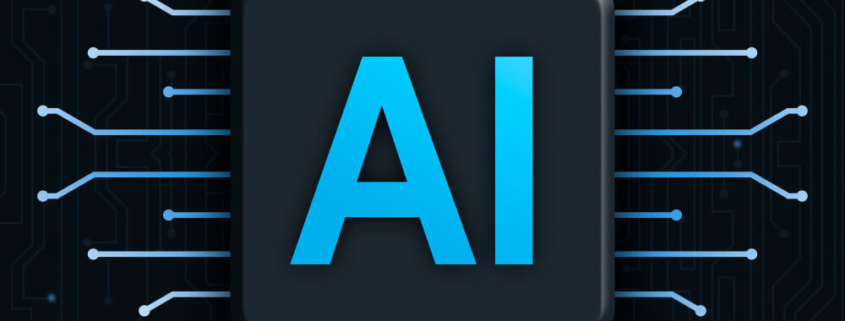The Impact of Artificial Intelligence on Human Life
Artificial Intelligence (AI) has rapidly evolved from being a futuristic concept to an integral part of our daily lives. Its applications span across diverse domains, transforming industries, and influencing how we live, work, and interact. In this article, we’ll explore the profound effects of AI on human life, its benefits, challenges, and what the future holds.
What Is Artificial Intelligence?
Artificial Intelligence refers to the simulation of human intelligence in machines designed to think, learn, and perform tasks typically requiring human cognition. From simple automation to complex machine learning algorithms, AI has a broad spectrum of capabilities, enabling it to analyze data, solve problems, and even make decisions.
How AI Impacts Human Life
1. Enhanced Efficiency in Daily Activities
AI simplifies routine tasks, making our lives more convenient. Smart assistants like Alexa, Siri, and Google Assistant help manage schedules, control smart home devices, and answer queries instantly. Automation in transportation, such as self-driving cars, promises safer and more efficient commutes.
2. Revolutionizing Healthcare
AI is transforming healthcare with diagnostic tools, personalized treatments, and robotic surgeries. Machine learning algorithms can analyze vast datasets to detect diseases earlier than traditional methods. Chatbots and virtual health assistants improve patient experience and accessibility.
3. Transforming Workplaces
AI-powered tools streamline workflows, automate repetitive tasks, and improve productivity across industries. In fields like finance, marketing, and manufacturing, AI-driven analytics enable better decision-making and innovation. However, it also raises concerns about job displacement.
4. Education and Learning
AI-based platforms personalize education, tailoring content to individual learning styles. Virtual tutors, language learning apps, and adaptive assessments make education more accessible and engaging. AI enables teachers to focus on fostering creativity and critical thinking.
5. Social and Ethical Implications
AI influences social interactions, especially through platforms that use algorithms to recommend content, shape opinions, and influence behaviors. Ethical concerns like bias in algorithms, data privacy, and the misuse of AI for malicious purposes remain significant challenges.
Benefits of AI in Human Life
- Increased Productivity: Automation reduces human effort and errors.
- Enhanced Quality of Life: AI-driven tools improve accessibility for differently-abled individuals.
- Better Decision-Making: Data-driven insights provide accurate predictions and solutions.
- Cost Efficiency: Automation reduces operational costs in various industries.
Challenges of AI Adoption
- Ethical Dilemmas: Balancing AI development with moral considerations is crucial.
- Job Displacement: Automation threatens traditional job roles, requiring upskilling and adaptability.
- Data Privacy: AI relies on vast amounts of data, raising privacy concerns.
- Bias in Algorithms: Poorly designed systems can perpetuate discrimination and inequality.
The Future of AI in Human Life
The future of AI is exciting and unpredictable. Innovations in quantum computing, natural language processing, and generative AI will further enhance its capabilities. Collaboration between governments, industries, and researchers is essential to ensure AI develops responsibly and benefits all.
Predicted Trends:
- Integration of AI with the Internet of Things (IoT) for smarter cities and homes.
- Advancements in natural language processing for seamless human-machine interaction.
- Expansion of AI in creative fields like art, music, and content generation.
Conclusion
Artificial Intelligence is shaping human life in unprecedented ways, bringing both opportunities and challenges. Its potential to improve efficiency, innovation, and accessibility is immense. However, ethical considerations and proactive regulations are vital to mitigate its risks and ensure its positive impact.
As AI continues to evolve, the focus should remain on creating a harmonious relationship between technology and humanity. This balance will determine whether AI becomes our greatest ally or a formidable challenge.



Leave a Reply
Want to join the discussion?Feel free to contribute!